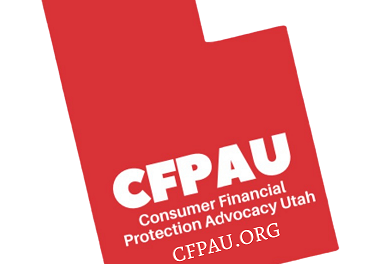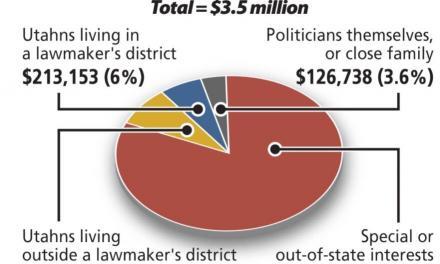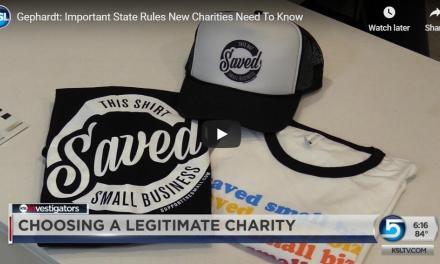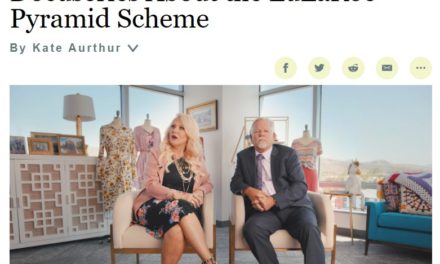
The Eight Basic Consumer Rights
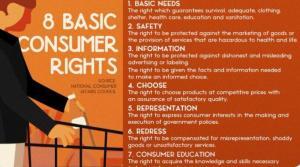
Most of us have had a bad experience as a consumer of having to return a product to the store at least bought a product that has been defective. Too often it is a difficult effort to return a product and receive a refund. Below is information in the Consumer Rights Act. You have the right to a refund if you return your faulty good within 30 days of purchasing it, regardless of what the store’s return policy says. (Some exceptions in the law exists, for example in the purchase of real estate, mortgages and automobiles.
President John F. Kennedy, in his speech in 1962, introduced the Consumer Bill of Rights to Congress. He mentioned four basic consumer rights: the right to safety, the right to be informed, the right to choose and the right to be heard. Later, during the 1980s, these four basic consumer rights were expanded to eight. These eight rights are described below:
The Right to Basic Needs: Consumers have a right to satisfy their basic needs regarding food, water, clothing, shelter, education, healthcare, sanitation, etc. With the right to basic needs, consumers are allowed to access the fundamental and prime commodities at a reasonable price and good quality.
The Right to Redress: Consumers are entitled by law to get compensation for misrepresentation, shoddy goods, or unsatisfactory services. For instance, if a consumer suffered financial loss or otherwise felt cheated as a result of misrepresentation, shoddy products, or unsatisfactory services, they may be eligible to request recovery for the loss.
The Right to Consumer Education: To make informed and justified choices, consumers need to have certain knowledge about the goods and services they make use of. Consumer awareness will raise their ability to make the best-informed decision when making a purchase.
The Right to a Healthy Environment: This is to ensure the right of living and working in an environment that is healthy and non-threatening. This right assumes certain responsibilities towards future generations, which is making choices to minimize environmental impact on the people of the future.
The Right to Safety: Consumers must be protected against the goods and services that are hazardous for their health and life. The Consumer Product Safety Commission has established safety and performance standards for goods and services, requiring them to be tested and have warning labels, if needed.
The Right to Information: Consumers must be protected against dishonest or misleading advertising or labeling. The Consumer Protection Act also endows the consumers with the right to be informed about the quality, quantity, potency, standard, and price of goods or services so as to be protected against unfair trade practices.
The Right to Choose: It’s a consumer’s right to choose from the various goods and services at competitive prices and of satisfactory quality.
The Right to be Heard: This right is exercised when expressing consumer interests while making and the execution of government policies. Consumers have this right to express their complaints and concerns about a product or service. The state and federal consumer protection offices have lawyers that are responsible to take steps to file a complaint against certain types of companies. If a consumer can’t get them to take action it may be possible that a private attorney may do so. Be careful that damages can be proved and don’t let a high priced attorney charge you merely for a consultation or an undetermined amount that you can’t afford if you should lose the lawsuit.
